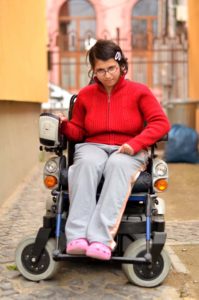 Learn About the Child
Learn About the Child
Prepare in advance for investigating abuse against children with disabilities by learning as much as you can about the child or youth. Knowing how children actually function will be more immediately useful than the disability diagnosis.
Gather the following information from records and by talking to people who know the child best, as recommended by the Office for Victims of Crime and Shelton.
Records
Educational, medical, and psychological/psychiatric records may include:
- child’s Individual Education Plan (IEP), Individual Transition Plan (ITP), and other school records
- history of prior interviews about the abuse, and the child’s developmental stage and abilities
- photographs from the child’s home
Ask Questions
Ask teachers, therapists, speech therapists, physical therapists, parents, caregivers, or others about:
- how the child best communicates
- the child’s medications and their impact
- if discussions about the abuse have taken place in the child’s presence
- child’s name for caregivers and body parts
- daily care routines and child’s schedule, including resting, getting up, exercising, eating, going to bed, toileting. Include times and dates of favorite television shows, regular movie watching time, unusual activities, regular activities.
Address Communication Needs
- Find out what the child needs for communication and set up those resources before you conduct an interview. This may include American Sign Language interpreters, communication boards, software, or other communication devices.
- If the child has a complex communication disability and you are uncomfortable with your ability to understand, seek a speech-language therapist, interpreter, or another person who can interpret for the child. Contact Deaf Network of Texas to identify interpreter services in your area.
A child who has been abused may need to visit your agency before the interview to get familiar with the environment. If multiple interviews are needed, ask people in contact with the child not to ask about the abuse or speak about it when the child is nearby.




